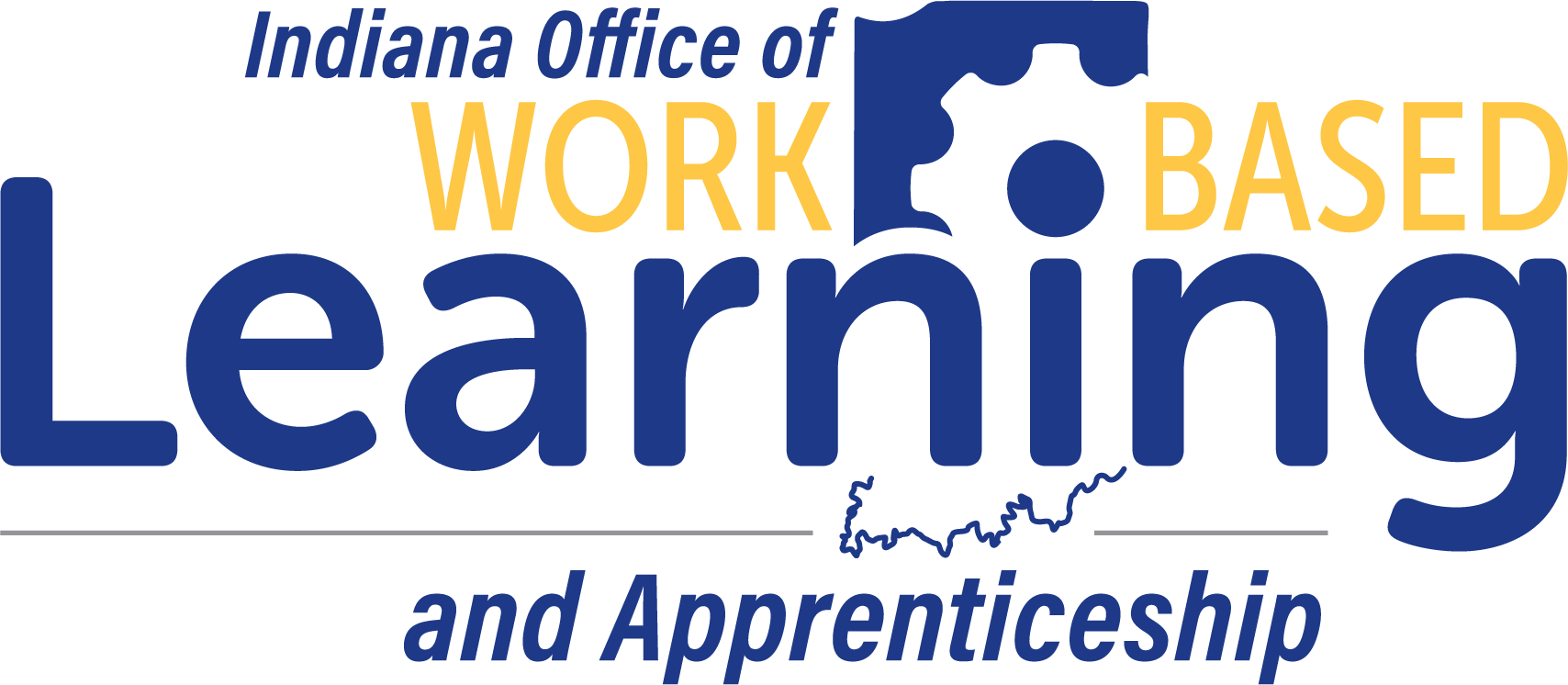Federally Registered Apprenticeships for Employers
Apprenticeship is a long-standing model that combines paid on-the-job learning and formal classroom instruction
to help a worker master the knowledge and skills needed for career success. The value of apprenticeship and the reason it remains relevant centuries after its creation is rooted in the many ways this simple model can be applied to meet the specific needs of many employers and a wide variety of industries.
Benefits of Apprenticeship
Apprenticeship programs vary in length, with apprentices receiving a mix of structured on-the-job work experience with an employer as well as relevant academic and technical instruction, often through partnerships with local two- and four-year colleges, organized labor, or other training partners. At the heart of successful apprenticeship programs are robust public-private partnerships that bring together a mix of organizations including businesses, employer and industry associations, education providers, labor-management groups, state and local workforce development agencies, workforce investment boards, community groups, and economic development organizations.
As more and more employers across a variety of industries face increasingly complex workforce challenges in a competitive global economy, many are considering apprenticeship for the first time. It’s happening in health care, financial services, and information technology, among others. For some, an aging, highly skilled, and experienced workforce puts a premium on attracting new and more diverse talent. Others continue to search for proven training strategies that can keep pace with industry advancements. Even when companies find the workers they need, developing the capacity to upskill current employees remains out of reach for too many. These challenges don’t just impact employers; they limit opportunities for workers and hold back economic growth at all levels. Apprenticeship is a proven solution to address these and many more workforce issues while delivering an incredible return on investment.
Becoming an Apprenticeship Provider
The ultimate role of education in America is to prepare students for a lifelong career that leads to self fulfillment and prosperity. Engaging students into Work-Based Learning programs throughout their educational journey has staggering outcomes for students:
To be contacted by someone about becoming an apprenticeship provider click Get Started below.
- Does your company have an entry-level talent problem?
- Do you have trouble recruiting or finding good applicants for entry-level, middle-skill positions?
- Do you have trouble retaining good entry level talent?
- Does your company have the internal capacity to host, supervise, and train apprentices? (Typically, these are businesses with 10 or more employees)
- Does your organization think strategically about talent pipeline issues in three- to five-year time frames?
- Can your business align the support of the executive, HR, and potential business unit departments to champion the idea participating in an apprenticeship program?
- Does your company have the budget space to support the apprentice’s wages and training costs?
Program Requirements
An apprenticeship program will provide youth and adult Hoosiers the experience needed to gain specialized skills and training, enabling them to enter the workforce prepared to contribute and advance. The program will support business and industry leaders in developing comprehensive training programs which will result in a highly skilled workforce to meet their specific industry needs. An apprenticeship program includes the following components:
Business Involvement
- Contract/agreement with apprentice outlining the timeline, program guidelines and wage progression model
- Dedicated coordinator to oversee Apprenticeship Program
- Mentor for each apprentice
- Relevant Technology/Curriculum
- Ensuring that the equipment and tools utilized in the training program are supplied to the apprentice and are up to date
On the Job Training (OJT)
- Training Contracts that outline the expectations of both the apprentice and sponsor
- May be competency based or hourly based
- OJT results in at least one Industry-recognized Certification
- Mentorship and support plan of Apprentices
Related Instruction
- May be competency based or hourly based
- The related instruction may be given in a classroom through trade, industrial or correspondence courses of equivalent value, or other forms of self-study approved by the business provider.
Rewards for Skill Gains
- Apprentices are paid a baseline salary (no less than minimum wage) and will receive an ending wage that meets or exceeds the starting salary of an equally trained employee.
- Progression wage model with outlined benchmarks for salary gain
- With skills developed and knowledge gained, wages increase proportionately with knowledge and skill attainment.
Credentialing
- Apprentice will receive an industry certification upon completion
- Apprentice will receive no less than one (1) industry recognized credential earned through the apprenticeship
Employer Testimonials
Not only do students benefit greatly from their participation in an apprenticeship program; employers also reap rewards for their participation. Through their participation, employers are provided an opportunity to ______________________________.
increase employer visibility in education
prepare future workers
reduce their costs for recruitment and training
communicate required job-specific proficiencies to educational personnel
improve employee retention
offer a skilled, homegrown workforce for Indiana in the 21st century
become more involved with the curriculum development process
Employers view apprentices as valuable employees that make a real contribution to their businesses. Apprenticeship employers know that they are not only helping people achieve their dreams, they are also developing a world-class workforce for Indiana in the 21st century.
Resources
- US DOL Apprenticeships: https://www.doleta.gov/OA/apprenticeship.cfm
- Teen Labor Laws: https://www.in.gov/dol/files/Teen_Labor_Laws_2009.pdf
- Workers Comp Resources: https://wdr.doleta.gov/directives/attach/TEN/TEN_31-16_Attachment-II_Acc.pdf
- Jobs For the Future Center for Work-Based Learning & Apprenticeship: https://center4apprenticeship.jff.org/


